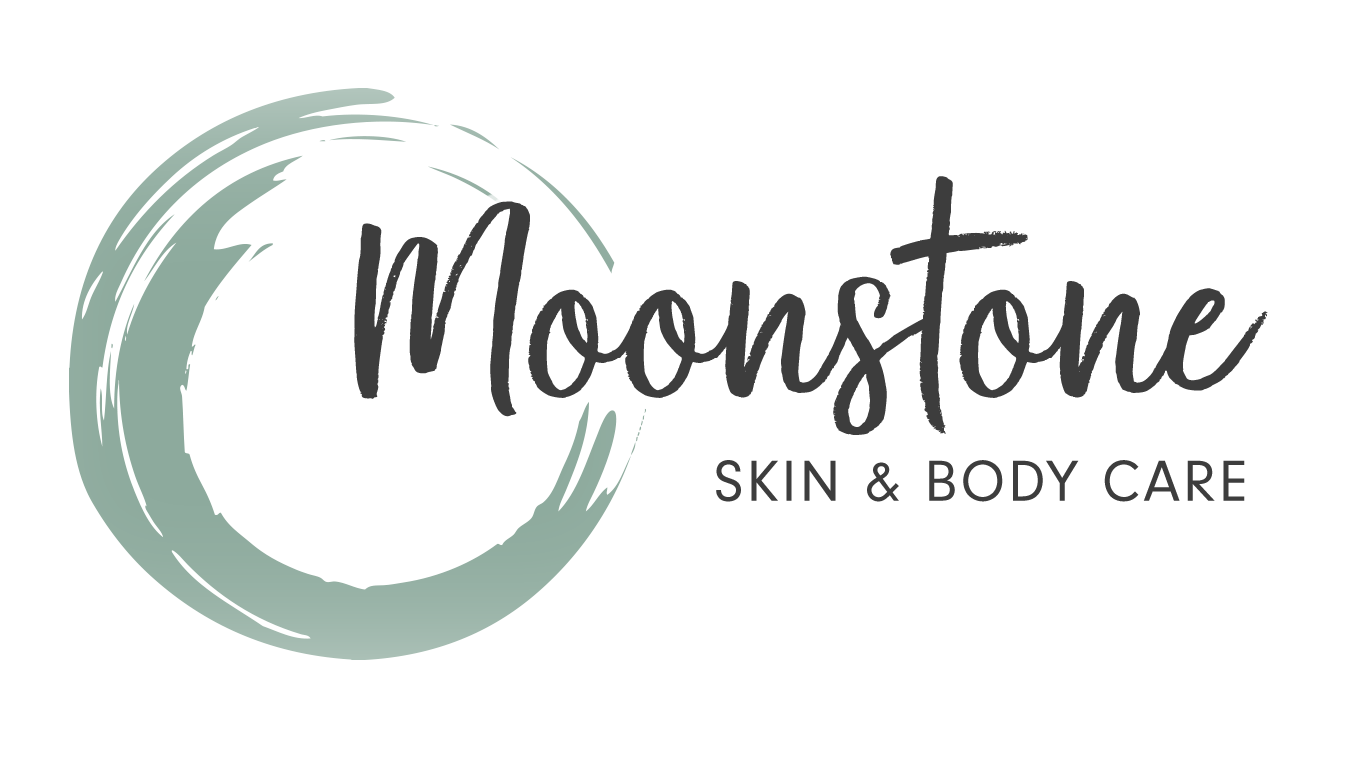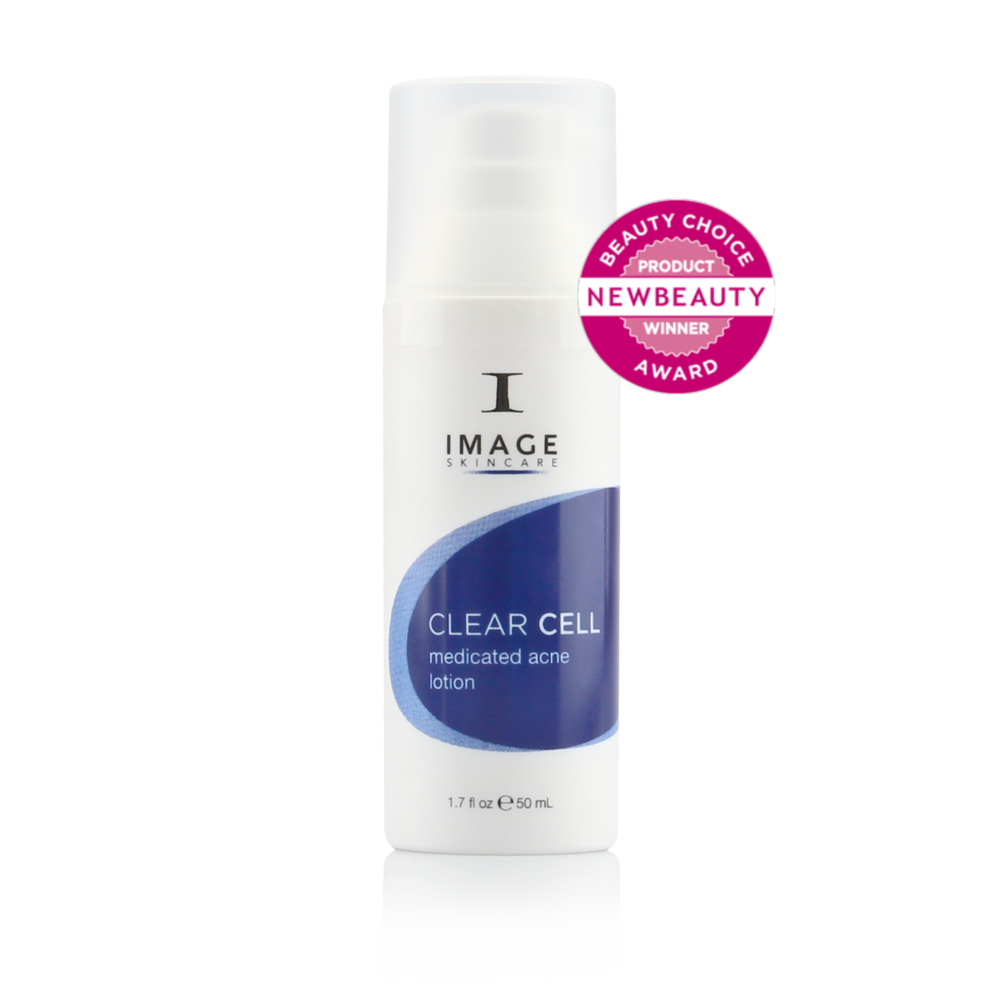Teen Acne: How to Begin Treating Skin for Best Results
Are you checking in on your teen’s skin? If not, heading into the new school year is a great time to start because a clear complexion does wonders for a teen’s mental health. Starting the school year with confidence is key. In fact, a recent survey found that 37% of acne-prone teenagers say their main concern was their complexion when going back to school.
Most teenagers, both male and female, deal with at least some form of acne starting at the age of 12, possibly even as early as 10. Acne can affect their body image and self-esteem, sometimes causing anxiety thanks to social media use and back-to-school photos.
The good news is that you and your teen can take an active role to help minimize breakouts and maximize a positive outlook. It is never too early to start a preventative skin care routine that can carry on throughout life. Here are some ways teenagers can incorporate healthy practices to treat their skin today.
Don’t Let Your Teen Blush Through that Blemish
Acne is a chronic inflammatory skin disease affecting the face, chest and back. While the exact cause is unknown, an increase in hormones can cause the oil glands in skin to grow and produce more sebum, which can create acne. There are several types of acne to look out for:
Whiteheads: These come in the form of white dots that are pores affected with oil and covered with skin layers.
Blackheads: Teenagers are familiar with these black bumps that are impacted pores from which material pushes out through the follicles.
Papules/Pustules/Nodules: These are red, inflamed lesions that are swollen from infection of the tissue around the clogged follicles. These cause pain and are hard to the touch.
Cysts: Pus-filled pimples that are too deep to easily combat.
Teens break out more thanks to their hormones and their diets. Understanding a teenager’s lifestyle and routine can provide ways to help identify acne culprits.
Start with a Healthy Diet
A good place to start is to examine a teenager’s food and drink intake. Are there allergies or sensitivities to be aware of, such as to dairy or berries? Was there a recent change of diet? These issues can exacerbate acne. Some ways to remedy are:
Curb Sugary Foods: Does your teen coat snacks with Nutella every day? Maybe switch to peanut butter or a light dressing. Better yet, cut the added spreads. Does your teen drink lots of sodas and juices? Encourage imbibing more water or tea instead.
Consider Reducing Milk Intake: One study found that women who drank two or more glasses of skim milk per day were 44% more likely to have acne. However, there is no evidence that other dairy products such as yogurt or cheese may lead to more breakouts.
Incorporate a Low-Glycemic Diet: High-glycemic foods and beverages raise the blood sugar quickly. Examples include teen favorites like white bread, potato chips, milkshakes, and fries. Instead, work in more fresh vegetables, fresh fruits, beans, and oats.
Experience the Benefits of Facials for Teens
Teens can benefit from facial treatments throughout their middle school and high school years. Facials will help clean out blackheads and clogged pores. When acne is at its most activated stage and products are not providing relief fast enough, a facial will be the best way to combat break-outs. Estheticians can also help teens identify problem areas and set them up on the right daily skin care regimen.
There are several benefits of continuing skin care with an esthetician versus going to a dermatologist or loading up on skin care products.
Provide Safe Acne Removal: A trained esthetician can properly prepare and soften the skin best to remove acne safely and effectively, without further aggravation.
Customization: Facials are customized to the current problems and concerns.
Product Effectiveness: Estheticians have access to products that are highly concentrated. These products can penetrate deeply into the skin, ensuring skin does not dry out or redden, which drugstore products can often do.
Recommended Skin Care Program: Facials will get skin ready for the daily topical treatments that a teen can do at home. Estheticians can recommend the most effective products to use, in what order, and how to apply. This regimen is targeted to each teenager.
There are specially designed facial treatments for young, sensitive teenage skin, so be sure to find a skin care service location that features this specific option. Moonstone Skin & Body Care offers a Teen Facial that combines deep cleansing, gentle exfoliation, and therapeutic acne treatment to control and help prevent teen acne. This facial will balance teenage skin and help teens develop healthy skin care habits. An educational overview on how to maintain clear skin, which products to use, and how to apply these will follow. A parent needs to accompany teenagers under 18.
Teens with acne should get facials about every two to six weeks until there is visible improvement. Once clear, getting a facial every four months will help teens maintain clear skin.
Maintain a Daily Skin Care Routine
Among the greatest challenges for teenagers in the fight against acne is to stick to a daily skin care routine. As much as they would like to, it is not an easy task, as one in three teens reported facing difficulty in managing the condition. An esthetician can help your teen develop skin care into a twice daily habit, making sure it’s an easy, and yet effective, routine to follow.
Products for teens should start off containing more gentle ingredients that are less active. Your esthetician will progressively recommend products to build up the effectiveness as teenagers get older.
At Moonstone Skin & Body Care, we advocate starting with salicylic acid and lactic acid ingredients, which contain elements that the body already knows and produces. We often recommend using salicylic acid pads, such as Clear Cell Salicylic Clarifying Pads, as a spot treatment on affected areas. Benzoyl peroxide can also help with breakouts, but it should be used carefully as recommended by your esthetician, because it is very drying to the skin.
Here are some top Do’s and Don’ts to share with your teen as they embark on their skin care journey:
Don’t Pick Zits and Pimples: Teens should not do this themselves and neither should friends or family. Even constant poking at the acne, harsh scrubbing or rubbing of the skin can inflame it.
Do Wash Face Daily: Sweat, oil and skin care products weigh on the skin as the day progresses so it’s important to get your face clean before bed to avoid skin congestion.
Don’t Forget to Moisturize: Along with cleansing, do not skip out on moisturizing to soothe your skin and avoid dryness. Our favorite acne-safe moisturizer is the Clear Cell Mattifying Moisturizer.
Do Change Face Towels: Replace face cloths or towels every week to avoid piling on bacteria that can reintroduce those pesky pimples.
Do Change Pillowcases: Just like with face towels, rubbing skin against pillowcases continuously builds up oil produced while sleeping. Switch out pillowcases weekly.
Don’t Touch Face: Encourage your teen to keep hands away from the face. It’s amazing what fingernails and fingertips can attract that remains unseen.
Do Wipe Off Electronics: Headphones and phone screens attract all kinds of dirt from bouncing around in a bag or being touched or worn, so use alcohol wipes often and watch for placing the phone against the face.
Adjust Skin Care for Your Teen’s Lifestyle
A teen’s lifestyle is also key to understanding his or her skin challenges. For whatever role your teen plays, here are some things to keep in mind for maintaining clear and clean skin:
Athletes: Blot sweat with a towel, as sweat from working out, uniforms and helmets create oils that cause acne. Wash your face immediately after practice or a game.
Performers: If you’re a dancer, actor or other type of performer who wears make-up when on stage, be sure to carry skin cleansing wipes to swipe away sweat and oil as soon as possible.
Glamour Girls: If you wear make-up regularly, do not fall asleep before cleansing your face at the end of every day. Look for water-based or oil-free products to avoid build-up that can create acne on its own.
Fashionistas: Watch what you wear. Headbands that push product-filled hair onto the face, tight collars, and the pressure applied from hats or handbags can create sweat or friction that worsen acne.
Stay on Track for a Clear Skin School Year
Now is the time to start getting teenagers involved with a regular skin care program. Don’t wait until your teen complains about a zit before a big dance, avoids taking photos or socializing with friends, or suffers through online teasing. Acne is part of a teen’s lifestyle and should not impede it. By helping them create an effective routine early, you’ll empower your teen with healthy skin now and throughout the school year.
Are you ready to help your teen manage their acne and start a healthy skin care regimen? We can help! Book a Teen Facial for your teen today, and we’ll help them learn how to take care of their skin with the right products and daily skin care routine for the coming school year.




